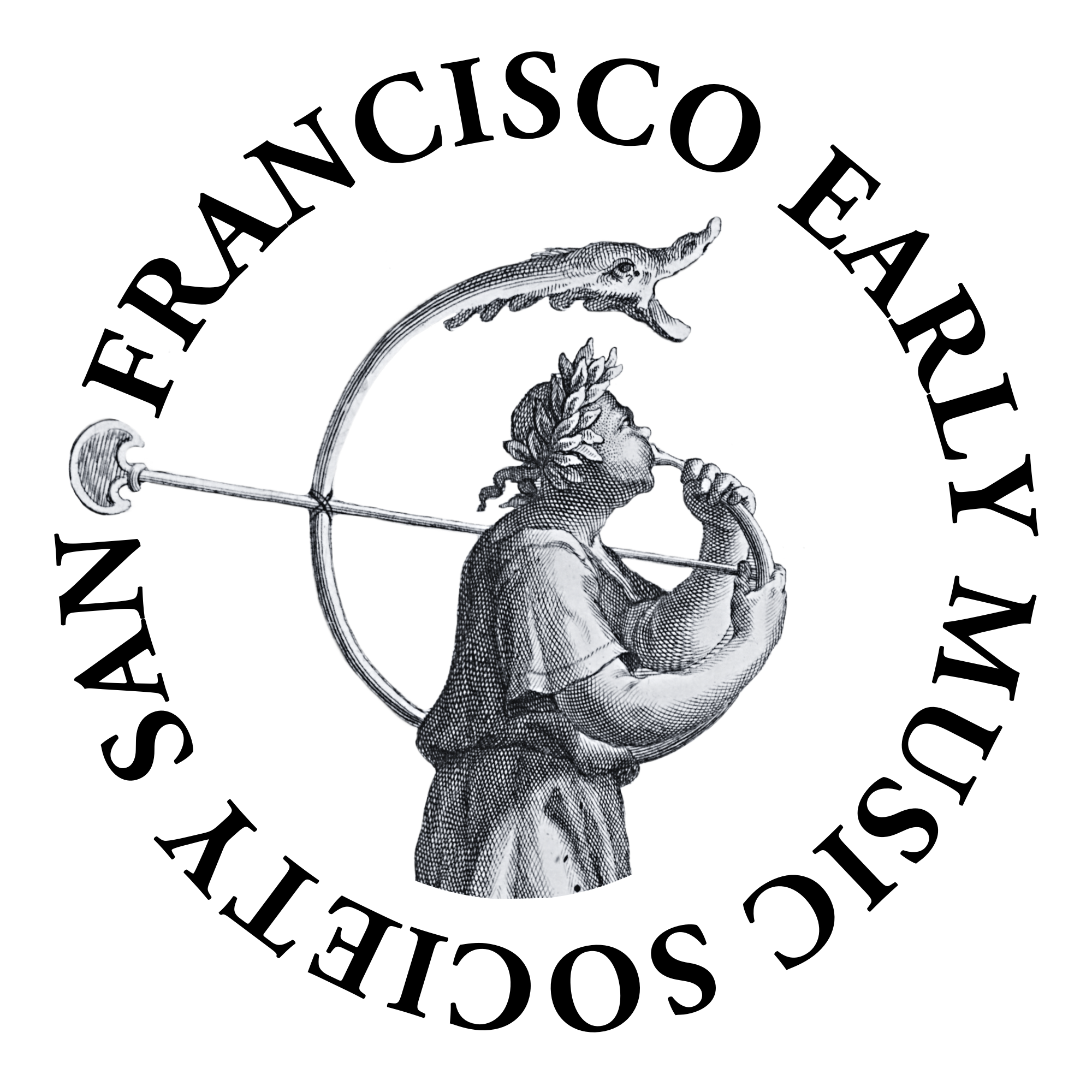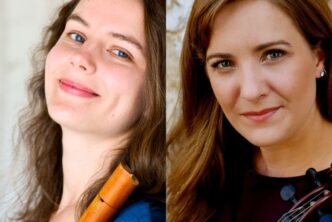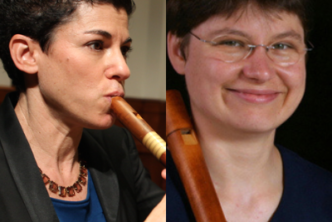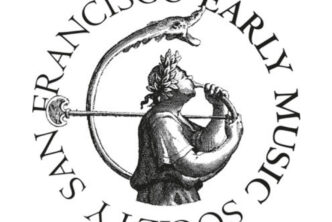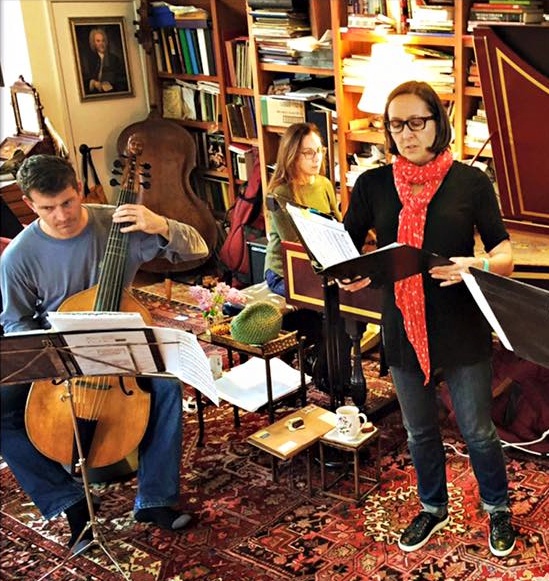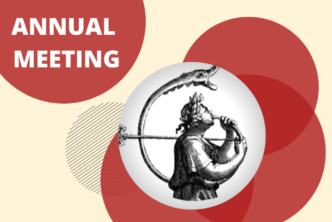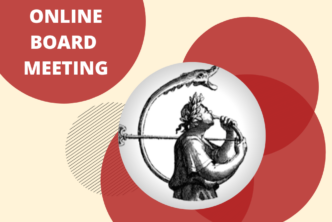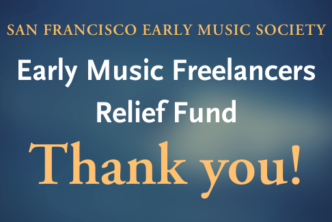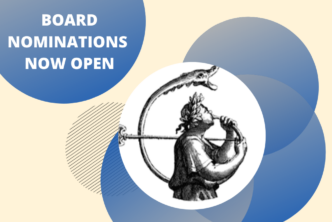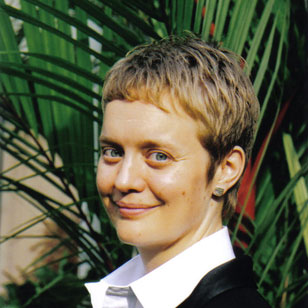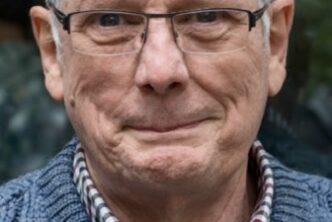The madrigal was to Monteverdi what the symphony was to Haydn and the string quartet was to Beethoven: a form of endless inventiveness and a crucible of experimentation. Inexorably bound to the vital tradition of Petrarchan lyric poetry, the madrigal was where Italian composers developed their craft and pushed the boundaries of music as an expressive and dramatic art. Italian poets wrote new poems to be set to music, and musicians composed new arrangements of these poems, vying with each other for courtly patronage and profit, as literally thousands of madrigals circulated around the courts of Italy and Europe in manuscripts and printed music. Growing increasingly dramatic and expressive through the 16th century, the vocal madrigal evolved from its core as a short piece for five unaccompanied singers, becoming longer and more complicated, adding instruments, and, by the early 17th century, morphing into what we now know as the first operas, such as Claudio Monteverdi’s L’Orfeo.
The week of February 12–16, Dr. John Prescott and Dr. Nicholas Jones will present a week-long series of talks on the evolution of the Italian madrigal. The new series runs daily from 9:30 a.m. to 12:00 noon, Monday, February 12, through Friday, February 16, at St. Mary Magdalen, 2005 Berryman St., Berkeley.
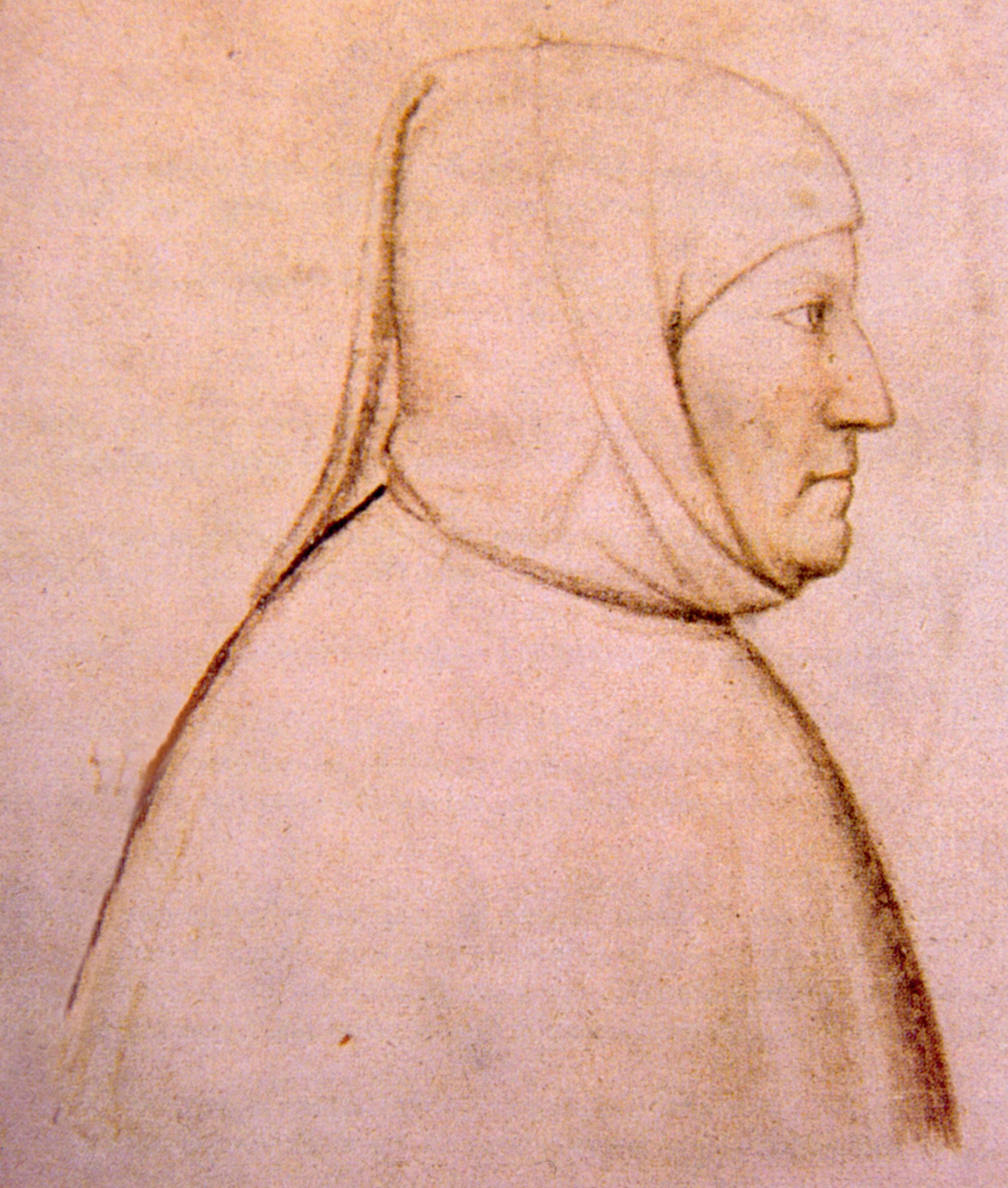
This new course will be the first in Dr. Prescott’s long-running series of music history lectures to be co-taught with a scholar from another field. This collaboration between a musicologist and a literary scholar will analyze and trace the history of the explosive Italian madrigal phenomenon, with attention to both the music and the poetry, in order to explore the madrigal’s synergistic dependence on each of these arts. Attendees will learn about the rich language and intricate forms of the Italian madrigal poems as well as the pictorial and expressive music of the vocal madrigals. No knowledge of Italian or of madrigal music is expected. Featured composers will include three of the greats from the 16th century: Luca Marenzio, Carlo Gesualdo, and of course Monteverdi, whose operas will conclude the week. Featured poets will include Petrarch, the 14th-century giant whose poetry was still avidly read and imitated in the 16th century; and Giovanni Battista Guarini, Monteverdi’s favorite poet and the source of more than 1,300 vocal madrigals by hundreds of composers.
Monday’s lecture will focus on Petrarch: the origins and forms of the poetic and musical madrigal; Tuesday will consider the Princes and patrons; Marenzio and the social world of the madrigal; Wednesday explore Monteverdi and Guarini: the dynamic collaboration of poem and music; Thursday will discuss Theatricality: expression, character and narrative in the madrigal; Friday will conclude with the birth of opera: the baroque transformation of the madrigal.
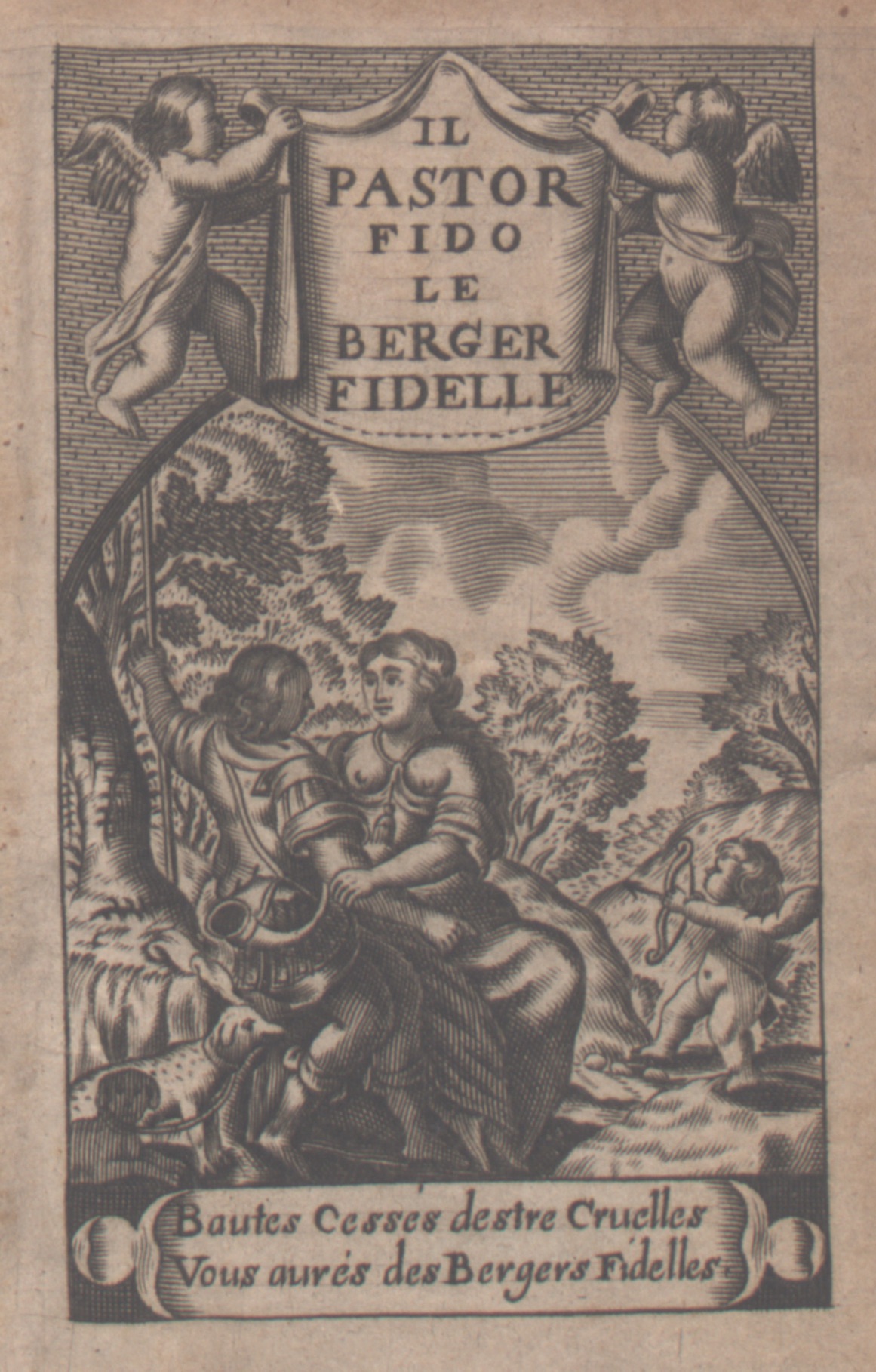
Dr. Prescott’s semi-annual lectures for interested adults have become a beloved institution for SFEMS members, as he has used his extensive scholarship, intelligence and wit to make early music and its historical context come alive for enthusiastic audiences. Over the past decade, his well-attended, in-depth courses—always including many audio samples—have covered the biographies and works of other musical giants, such as Bach, Handel, Vivaldi, Telemann, Mozart, and most recently Rameau; he has surveyed entire periods or historical movements, such as his 2013 lectures on the French baroque or 2014’s series the transition from Renaissance to baroque in Italy, England, Germany, and the Low Countries; and he has devoted lecture series to the history of a particular group of instruments, tracing the development of keyboards from the late Renaissance through the early Classical periods, and to the development of chamber music over that same historical span.
John Prescott received his M.A. and Ph.D. in musicology from U. C. Berkeley. Prior to this, he received his B.A. magna cum laude in Music and was elected to Phi Beta Kappa from Carleton College (MN). He has been the recipient of a number of academic honors, including the British Marshall Scholarship for two years of study at St. John’s College in Cambridge, England. He also studied at Oxford University’s Worcester College. Dr. Prescott has taught music courses at U.C. Berkeley and music theory at The Crowden School (Berkeley CA), and was the musicologist for the San Francisco Elderhostel Arts and Humanities Program. He gives pre-opera lectures for Berkeley West Edge Opera and the Livermore Valley Opera Company. He also gives pre-concert lectures for Philharmonia Baroque Orchestra
Nicholas Jones earned a Ph.D. from Harvard, specializing in 16th- and 17th-century English literature, and went on to teach at Oberlin College for forty years, specializing in Shakespeare, Milton, and the British Romantic poets. Recently retired and living in Berkeley, California, he and his wife Sue are avid participants in the East Bay early music community, as singers and instrumentalists. Nick is a member of the board of Early Music America and a reviewer for San Francisco Classical Voice. His book, A Poetry Precise and Free: Selected Madrigals of Guarini (University of Michigan Press) will be published in March, 2018.
As with Dr. Prescott’s previous lectures, proceeds from this course go to benefit the SFEMS Music Discovery Workshop and Youth Collegium, a week-long summer day camp that introduces children to early music and social history through music instruction and theater projects.
You may register for all five days or individually by day. Musical experience or ability to read music are not necessary. Come listen, learn, and join in the adventure! Tuition is $30 per lecture ($25 for SFEMS members) or $125 for the full, five-week course ($110 for SFEMS members). For further information about this course or to register in advance and reserve a seat, send an email before February 9th to suzannesiebert@gmail.com and indicate whether you are reserving for the full course, or indicate the particular days you plan to attend, and also note if you are a SFEMS member. You can download a registration form here.
John Prescott is an affiliate of the San Francisco Early Music Society.

